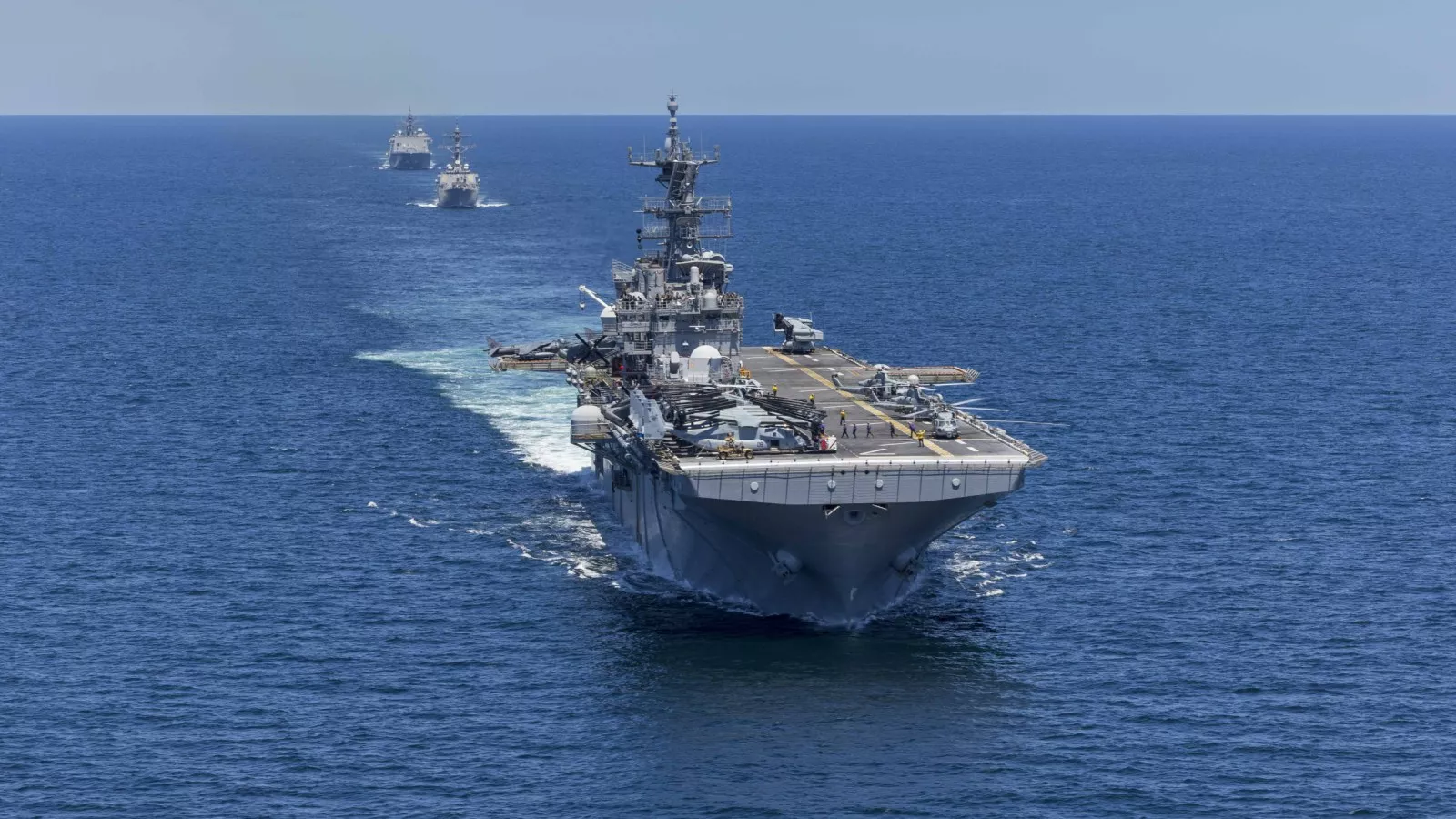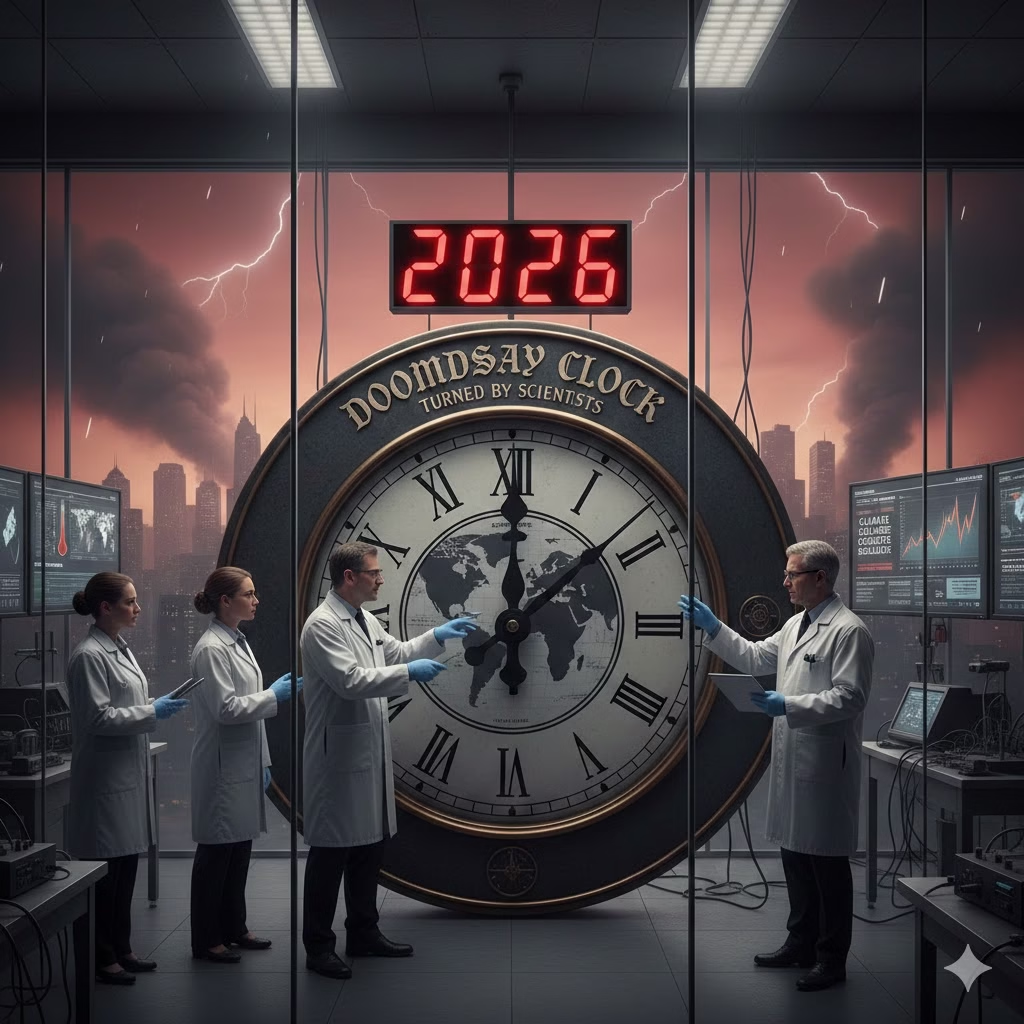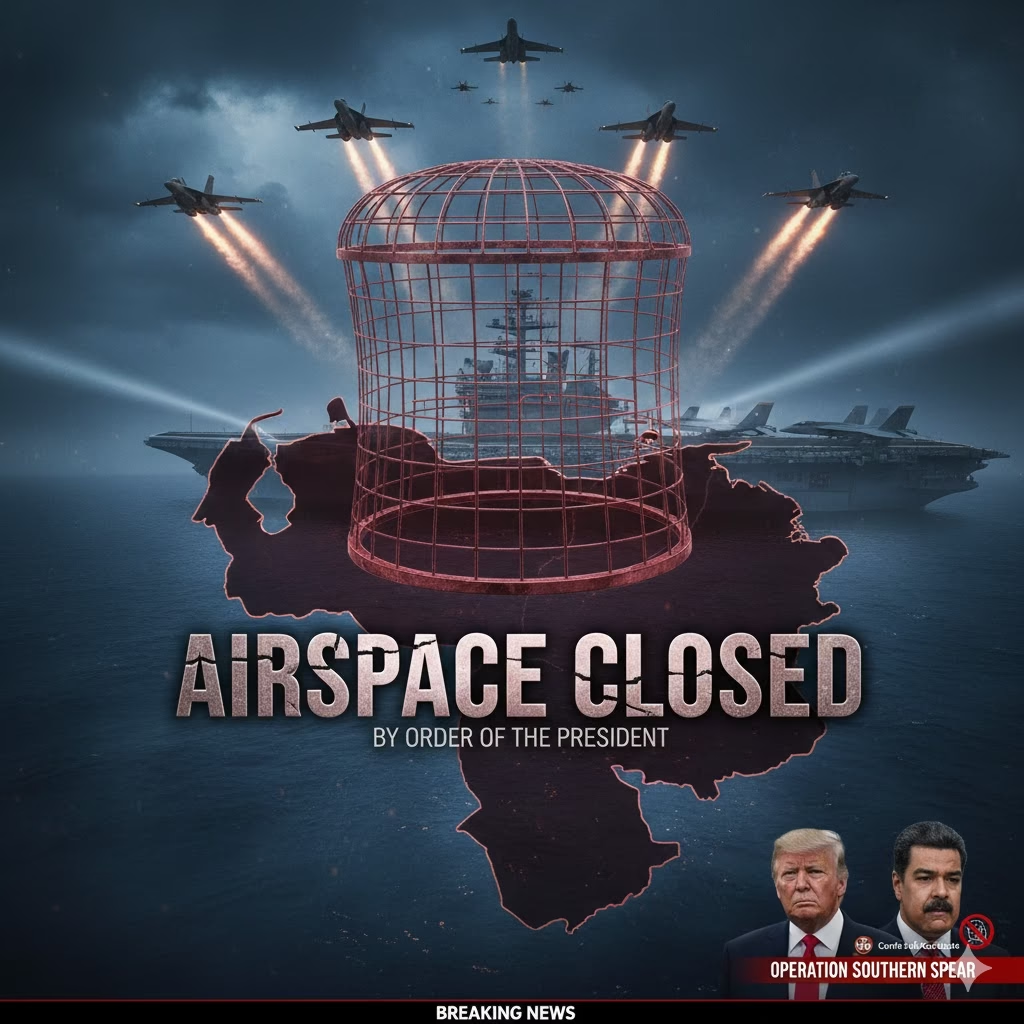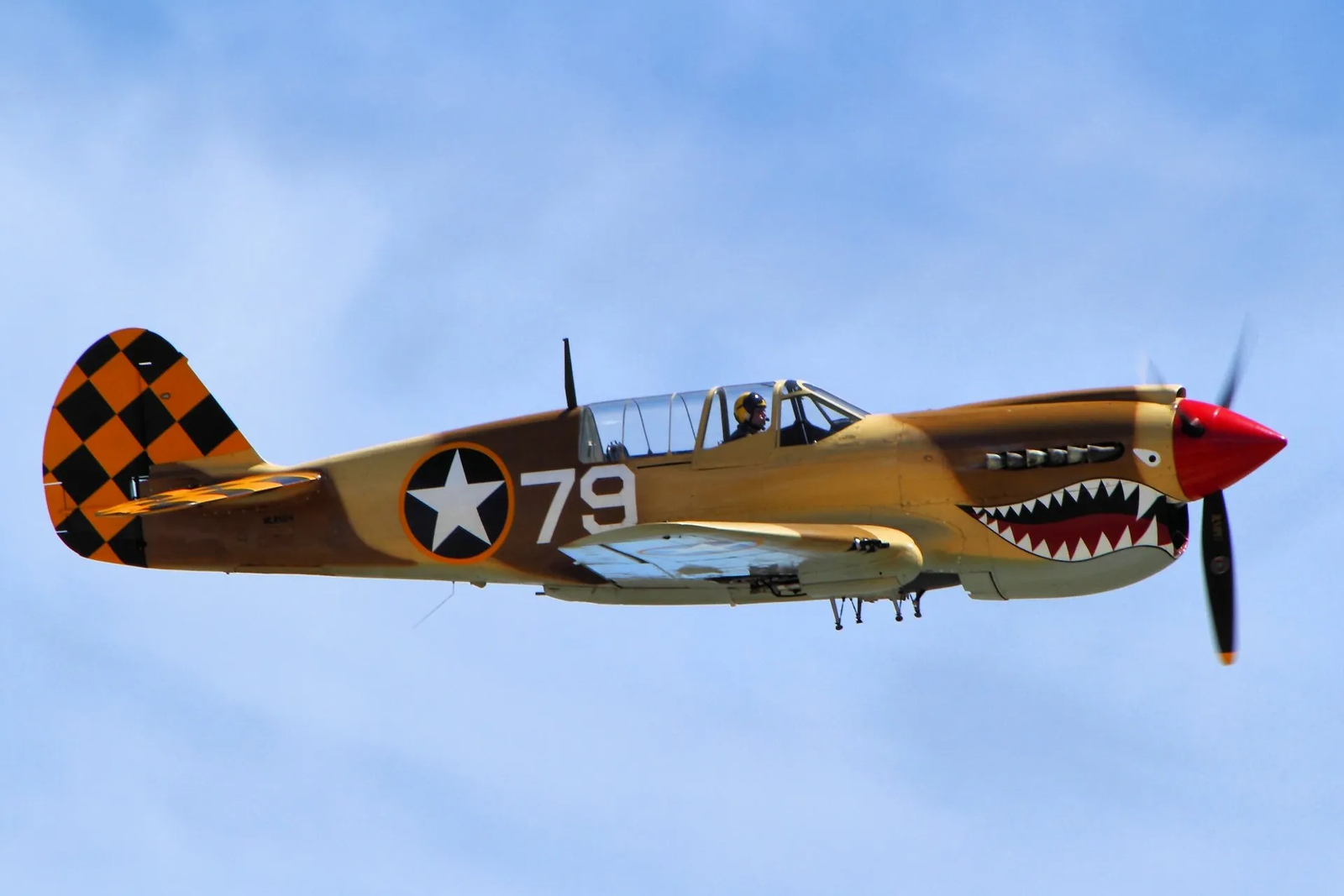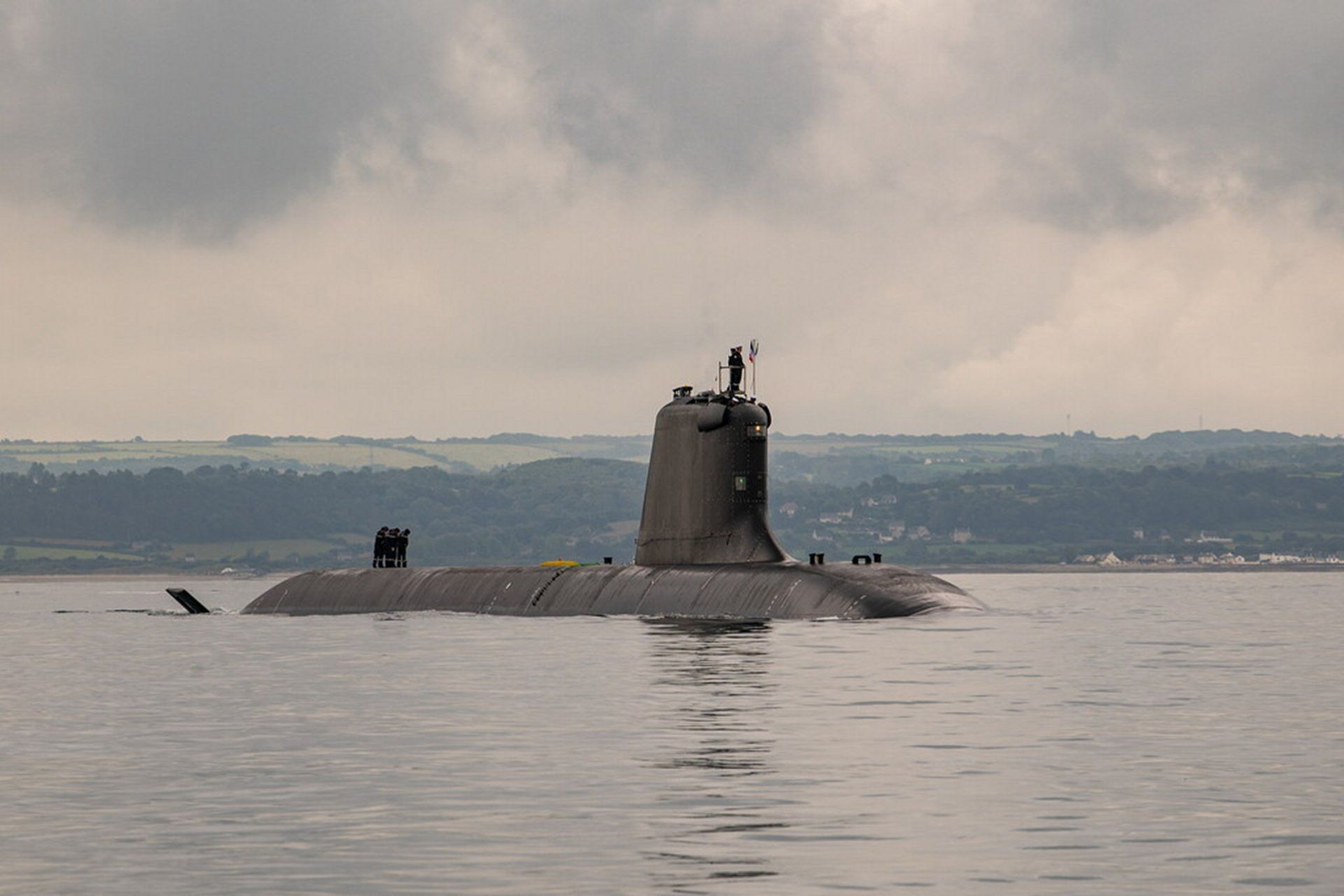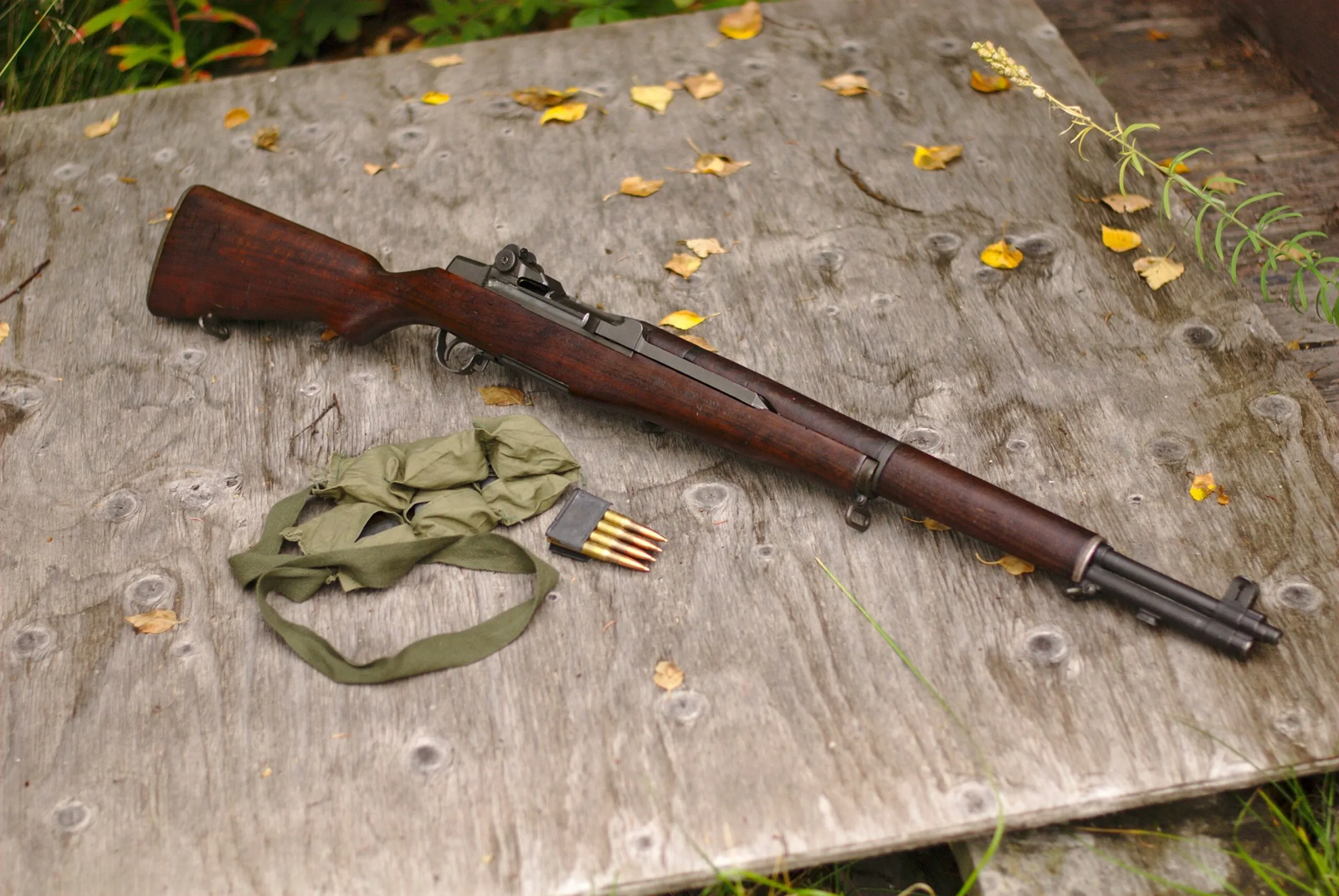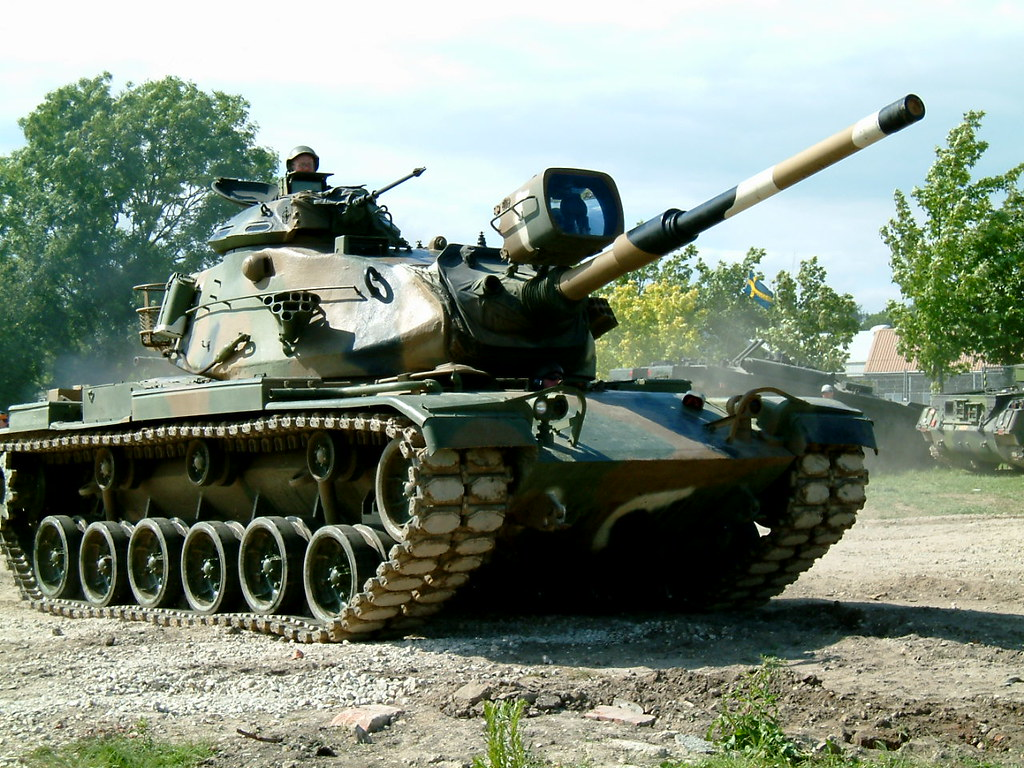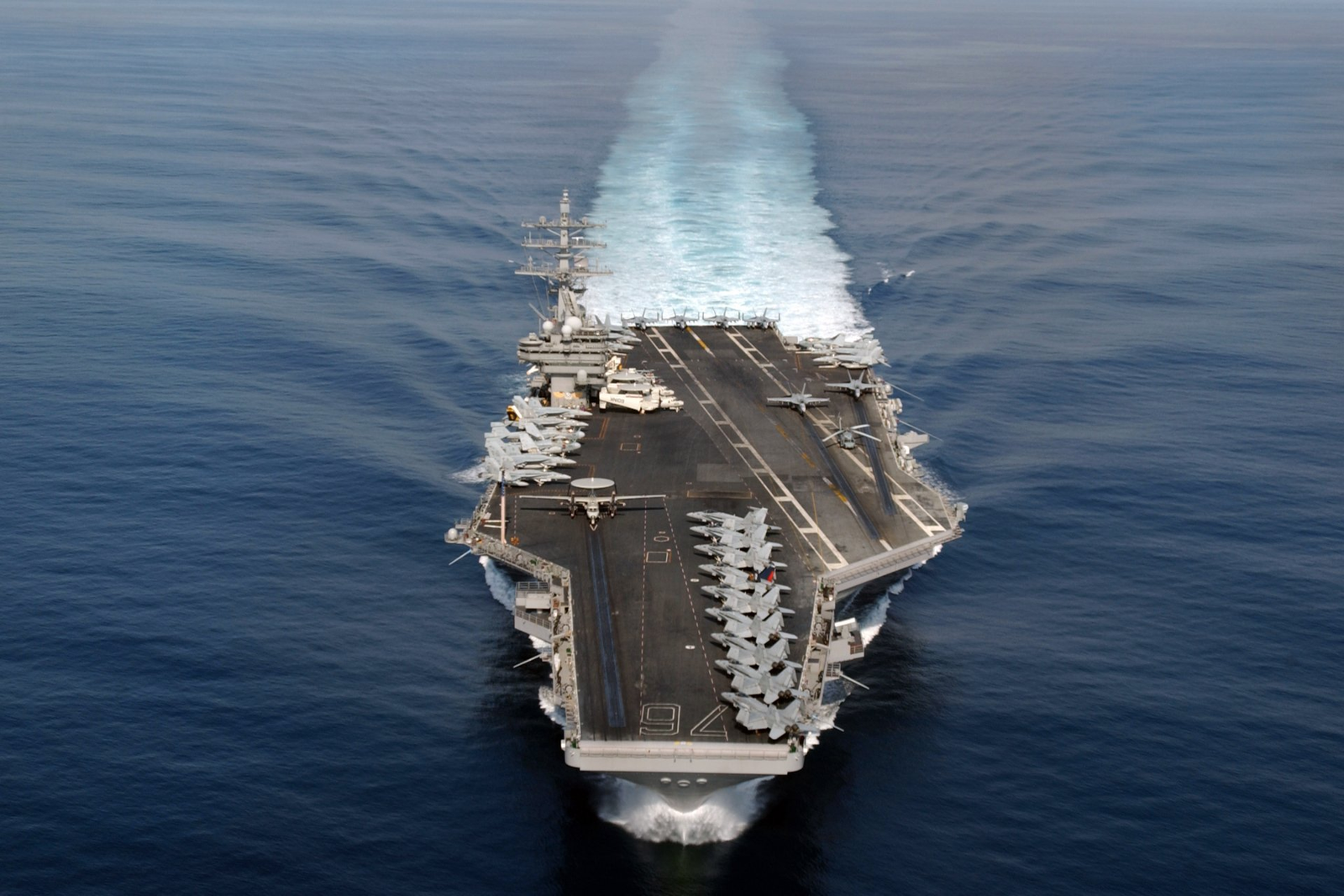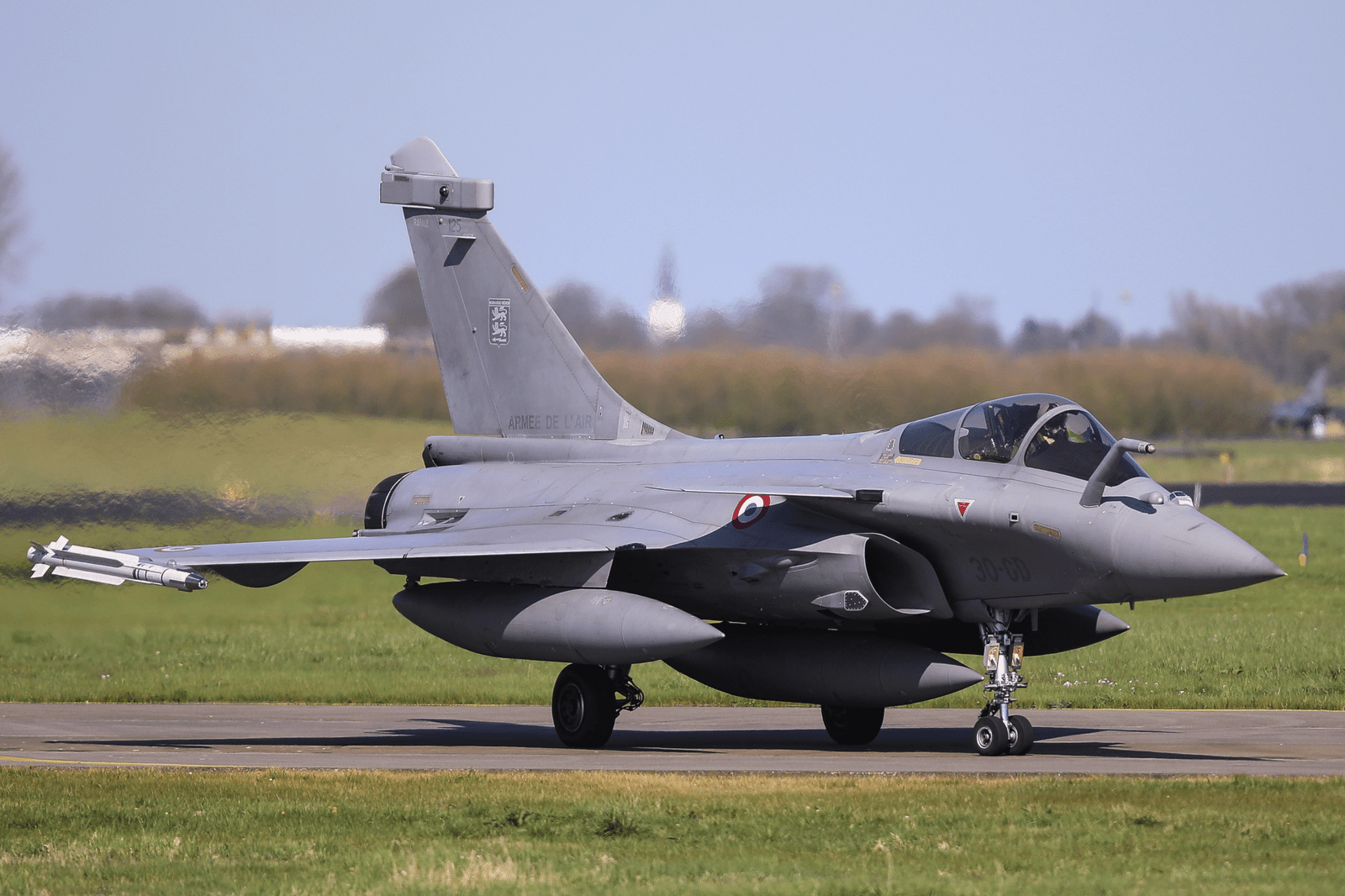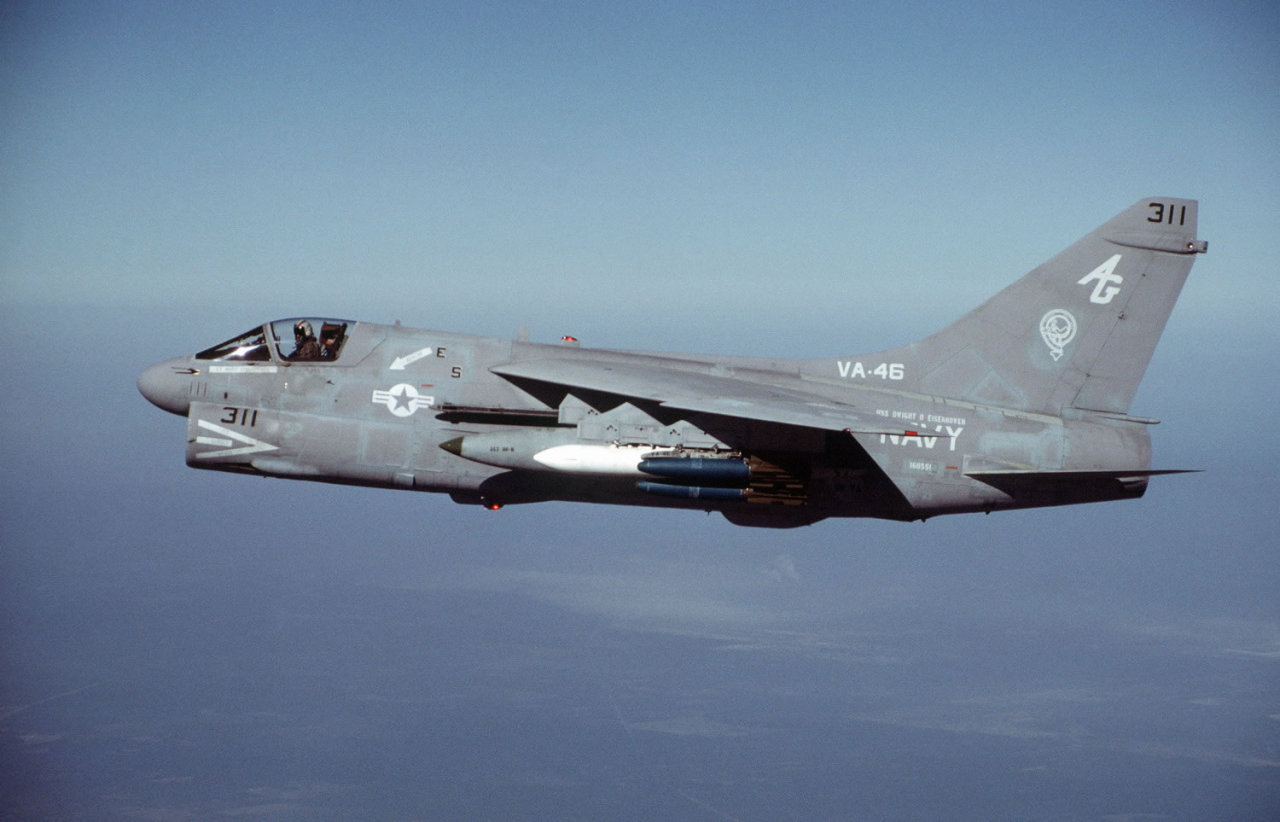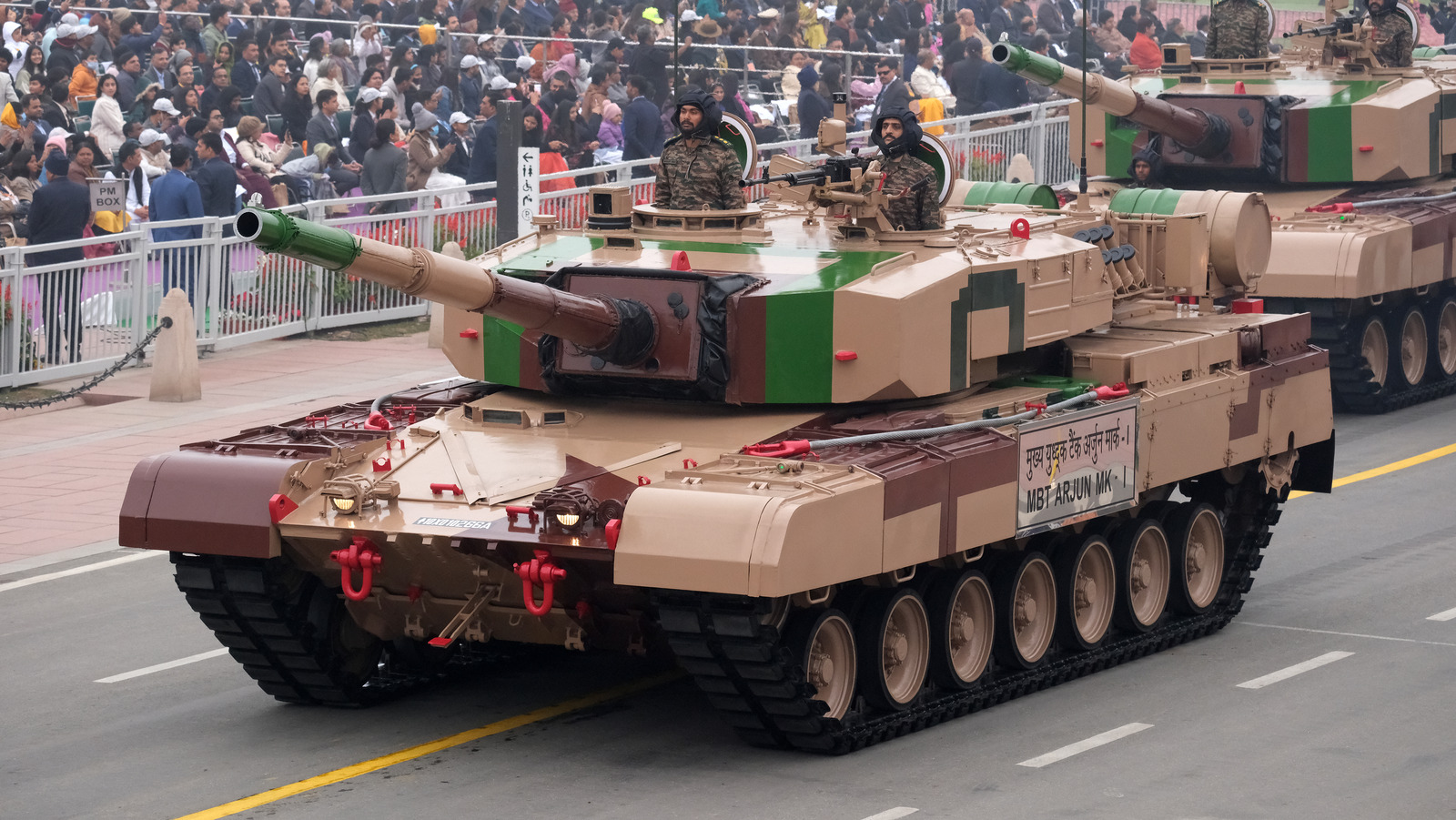
The Venezuelan seas are the latest arena of a high-stakes confrontation, with a massive American naval fleet triggering outrage across the hemisphere. A powerful US fleet of three Aegis-class warships, a guided missile cruiser, and an attack submarine has sailed into the southern Caribbean, formally tasked with disrupting narco-trafficking gangs. Washington insists the deployment is squarely against cartels, but the mission’s magnitude has triggered speculation of hidden agendas, from Mexico City to Caracas.

More than 4,500 Americans, 2,200 of whom are Marines, are now dedicated to the mission. The amphibious task force, led by the USS Iwo Jima and USS San Antonio, and USS Fort Lauderdale, departed the East Coast in utmost secrecy. Naval leaders confirmed the ships are supporting counter-narcotics missions but refused to release many details. Navy operations head Admiral Daryl Caudle described his work as ensuring the president and defense secretary have options on the table, space for interpretation for exactly what the real mission behind the deployment actually is.

For President Donald Trump, the move is part of a broader strategy of confronting global drug cartels head-on. Earlier in the year, he issued an order designating groups such as Venezuela’s Tren de Aragua, El Salvador’s MS-13, and Mexico’s various cartels as foreign terrorist organizations. The State Department subsequently more than doubled the reward for Venezuelan President Nicolás Maduro to $50 million, accusing him of being at the helm of a giant drug empire. Washington also placed Maduro’s influential ally Diosdado Cabello in the same hot water with a $25 million price on his head.

US authorities claim Maduro and Cabello are at the heart of the so-called Cartel de los Soles, an alleged network of dealers linked to state institutions. Caracas rejects these claims in their entirety. Maduro claims his country has no cocaine production and accuses Washington of hiding behind a veil of anti-drug campaigns for the sake of seeking regime change.

In response, he has encouraged millions of Venezuelans to enlist in local militias. Defense Minister Vladimir Padrino Lopez has announced additional warships, drones, and thousands of troops along the Colombian border to protect Venezuela’s borders and address what he terms foreign threats.

The Venezuelan government has also received international backing, formally protesting at the United Nations. Its representative urged the UN to take action against what he described as American intimidation following the visit by a nuclear submarine to the Caribbean as a belligerent act. At home, the government’s volunteer recruitment campaign has registered thousands of volunteers, from retirees to government employees.

However, opposition demonstrators assert that mobilization is behind. Maria Corina Machado, banned from contesting the previous election, greeted Washington for having challenged what she called Venezuela’s criminal regime since fellow opposition candidate Henrique Capriles urged caution against any violation of sovereignty, arguing that international law must prevail.

There is skepticism surrounding the legality of the American mission. Some constitutional analysts assert that the deployment of troops near Venezuela without explicit congressional approval would contravene the War Powers Resolution Act of 1973. Others object to the decision to declare drug cartels foreign terrorist organizations, maintaining that it is an overreach of the law’s purpose. They posit that the United States’ narcotics demand fuels the trade more than supply from abroad.

Despite the saber-rattling, few believe an invasion on a grand scale is near at hand. Analysts say it’s as much a display of pressure as preparation. Others label it a psychological gambit to rattle Maduro’s inner circle and encourage Venezuela’s opposition, but not the precursor to war. Others see it as one move in a more complex game to push the government into talks.

The responses across the region reveal just how delicate the matter is. Mexico made cooperation with Washington in fighting drug syndicates available, but it very much draws the line at the deployment of foreign military personnel on its soil. Colombia, sharing a long and porous border with Venezuela, has been told by American officials that intervention is out of the question.

In the meantime, the US military presence is a gamble in the larger battle against organized crime. Whether it works as an actual campaign against drug running or as a geopolitical gambit disguised as such, the stakes are great. With warships operating so near Venezuelan waters, the Caribbean once more is a battlefield where the military, the political, and the diplomatic intersect—and the world holds its breath.
